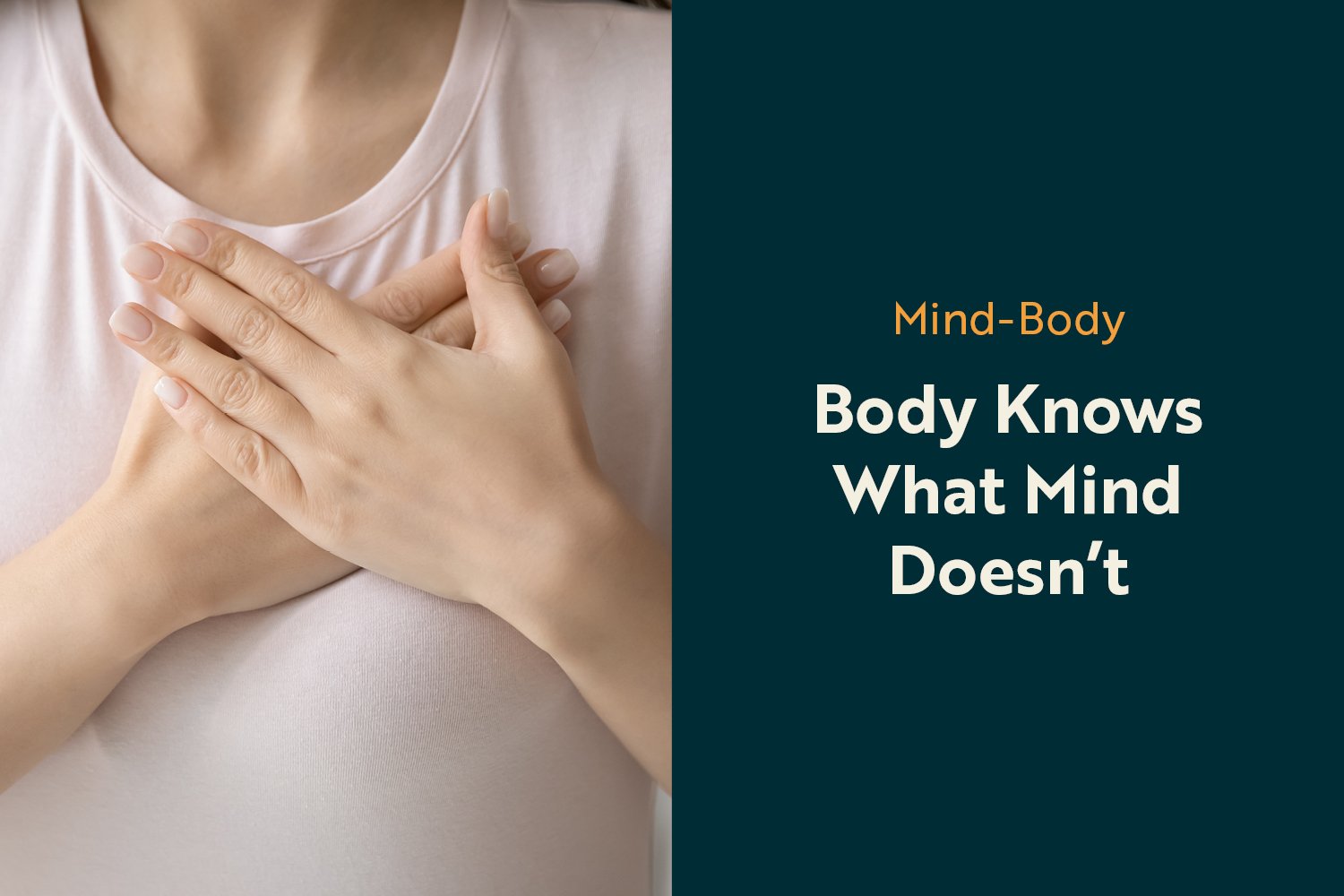
Our bodies have an incredible capacity to remember experiences, even those that our conscious minds may have set aside.
This is especially true of traumatic events, where the physical and emotional effects can remain long after the memory fades.
Recognising this connection is often the first step towards feeling safer and more at ease.
Trauma is not only a mental experience, it’s deeply physical.
When a traumatic event occurs, the nervous system enters a state of high alert. This triggers stress hormones such as cortisol and adrenaline.
These hormones prepare the body for a “fight or flight” response. But when the body cannot respond effectively, the resulting energy and tension may remain trapped.
This disruption in the body’s stress response can lead to a state of chronic hyperarousal. Alternatively, it may cause a sense of numbness.
This imbalance may present itself as symptoms like chronic pain, muscle tightness, fatigue, or digestive issues.
The body often communicates emotional stress through physical symptoms. Some common examples include:
Sometimes, a seemingly harmless situation may lead to intense physical or emotional reactions.
This happens because the brain links present-day experiences to unresolved memories. The body then reacts as if the original event is happening again.
A specific smell, sound, or touch might lead to anxiety or panic. Physical symptoms may include a racing heart, shallow breathing, or muscle tightening.
Understanding this connection means learning to recognise these signs with patience and compassion.
Helping the body feel secure is a gradual process, but small, consistent actions can make a difference.
By listening to your body’s signals and responding with kindness, it is possible to begin shifting away from stress responses.
This approach takes time. Being gentle with yourself is part of the healing process.
We are based in three locations and share buildings with Prestige Dental Care.